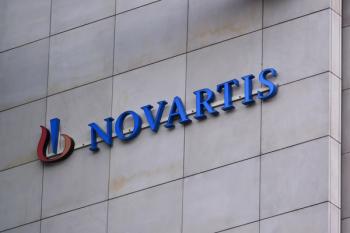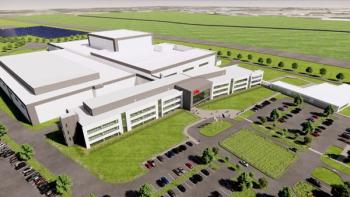
- Pharmaceutical Executive: June 2023
- Volume 43
- Issue 6
Could a Rates Pivot By Fed Change Biotech’s Fate?
Such a scenario is one possibility as the bear market languishes on.
After peaking in early 2021 at more than $140, the biotech XBI index hit a low of about $74 in April 2022 and has bounced around ever since with little overall progress—one step forward followed by one step back. As of May 31, the XBI stands at about $84. This has been the steepest and longest bear market for the index since its inception.
Hopes for better times ahead for biotech coming into the year have been so far dashed, with still no sustainable rally or recovery in performance. Year to date, the XBI is ahead by 1.2% while the S&P 500 has increased by 9.1%.
Clearly, the macro climate characterized by rising inflation, fueled by the V-shaped recovery and subsequent Fed-induced epic climb in interest rates and aimed at taming inflation has been a large driver of the underperformance.
There is no greater enemy to long-dated assets—biotech being the longest of them—than rising interest rates. A nice rally in April and early May has faded out over the past few weeks as recent worse-than-expected inflation numbers suggest further rate hikes are ahead from the Fed.
Debates about an impending recession or soft landing continue. Mike Darda, chief economist and market strategist for Roth-MKM, is one who believes that a recession will likely begin this summer or fall, and he states that risk markets are not priced for such an eventuality. If he is right (and he usually is), the market will sniff out a pivot by the Fed and begin to anticipate declining interest rates, which could serve as a springboard for biotech stock outperformance. The consensus appears in the camp of the soft-landing narrative for now.
On a similar point, Brian Gleason, managing director for Raymond James, recently wrote in a weekly note to clients that the results of their investor sentiment survey suggest that biotech investors are assuming “a relatively benign macro backdrop in the foreseeable future (i.e., no massive drop in interest rates to spark a big rally) and are, therefore, relying on fundamental drivers ([e.g.,] clinical and regulatory wins along with M&A) in the sector to push performance and attract generalist investors.”
Gleason further cites that public biotech stocks in their dataset with upcoming catalysts in 2023 are up 31% YTD, while those without them are down 8%.
The biotech capital markets remain open for those companies with catalysts. The volume of capital raised this year is up 75%, according to Gleason, versus the same period in 2022. Interestingly, BD is often being mentioned by companies as a use of proceeds, which reflects the consolidation we are seeing in the sector and opportunistic business development activity as many in the sector through up the white flag.
The IPO market is still open but only for the very precious few companies viewed as high quality and IPO-ready.
For biopharma, the story so far this year is clearly M&A, which is off to a blistering pace but reveals a continuation of the haves and have-nots theme. While investors may point to lower valuations as a catalyst to deals, the fact is that buyers seek valuable assets with proof of concept and preferably approaching the commercial stage.
There is currently a clear focus on future commercial big sellers versus early unproven, yet potentially interesting science. The M&A target pool is narrow.
What’s fueling M&A? It is the combination of high levels of innovation, record firepower of $1.4 billion across the largest acquirers (according to EY’s Annual Firepower Report), and looming LOEs on products representing a total of more than $300 billion in revenues that leave a vacuous growth gap to fill for the largest companies in order to achieve their growth targets.
According to Tim Opler at Stifel, “We have seen $84 billion in M&A announced this year. When looked at on a run rate basis, we are on track for a $208 billion M&A year. This is less than the record $328 billion set in 2019 but above all other years on record.”
Here’s to better days ahead.
Articles in this issue
over 2 years ago
2023 Pharm Exec Top 50 Companiesover 2 years ago
Great Leaders Listenover 2 years ago
Measuring Pharma’s Trust Performanceover 2 years ago
Tapping NPs and PAs in Life Sciences Marketingover 2 years ago
The Quest to Fully Address Prescription Drug Affordabilityover 2 years ago
How Pharma Should Prepare for Looming Nursing Shortageover 2 years ago
New EU Proposals to Regulate Pharma Duck the Difficult Questionsover 2 years ago
Pharma Trends & TrustNewsletter
Lead with insight with the Pharmaceutical Executive newsletter, featuring strategic analysis, leadership trends, and market intelligence for biopharma decision-makers.




